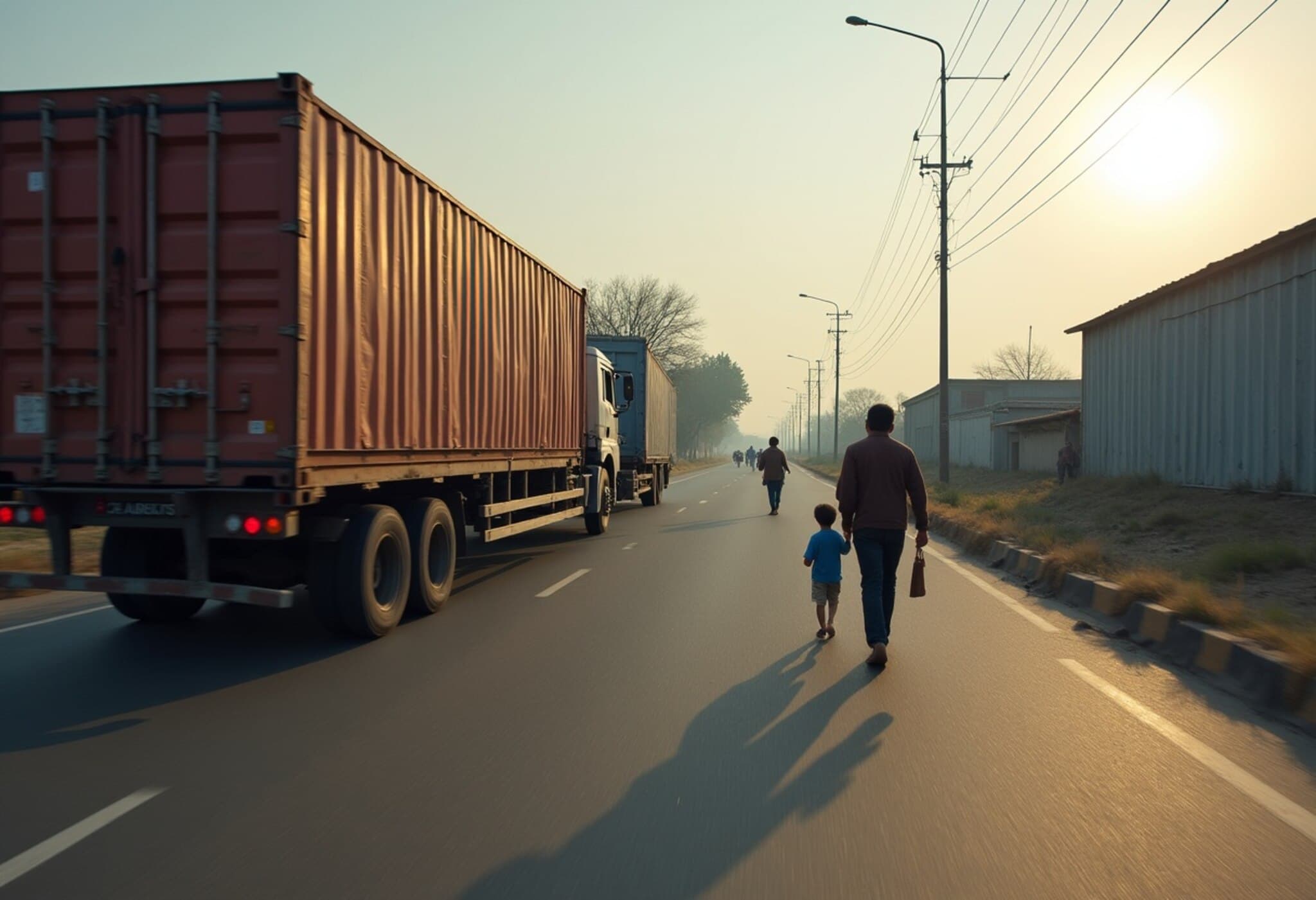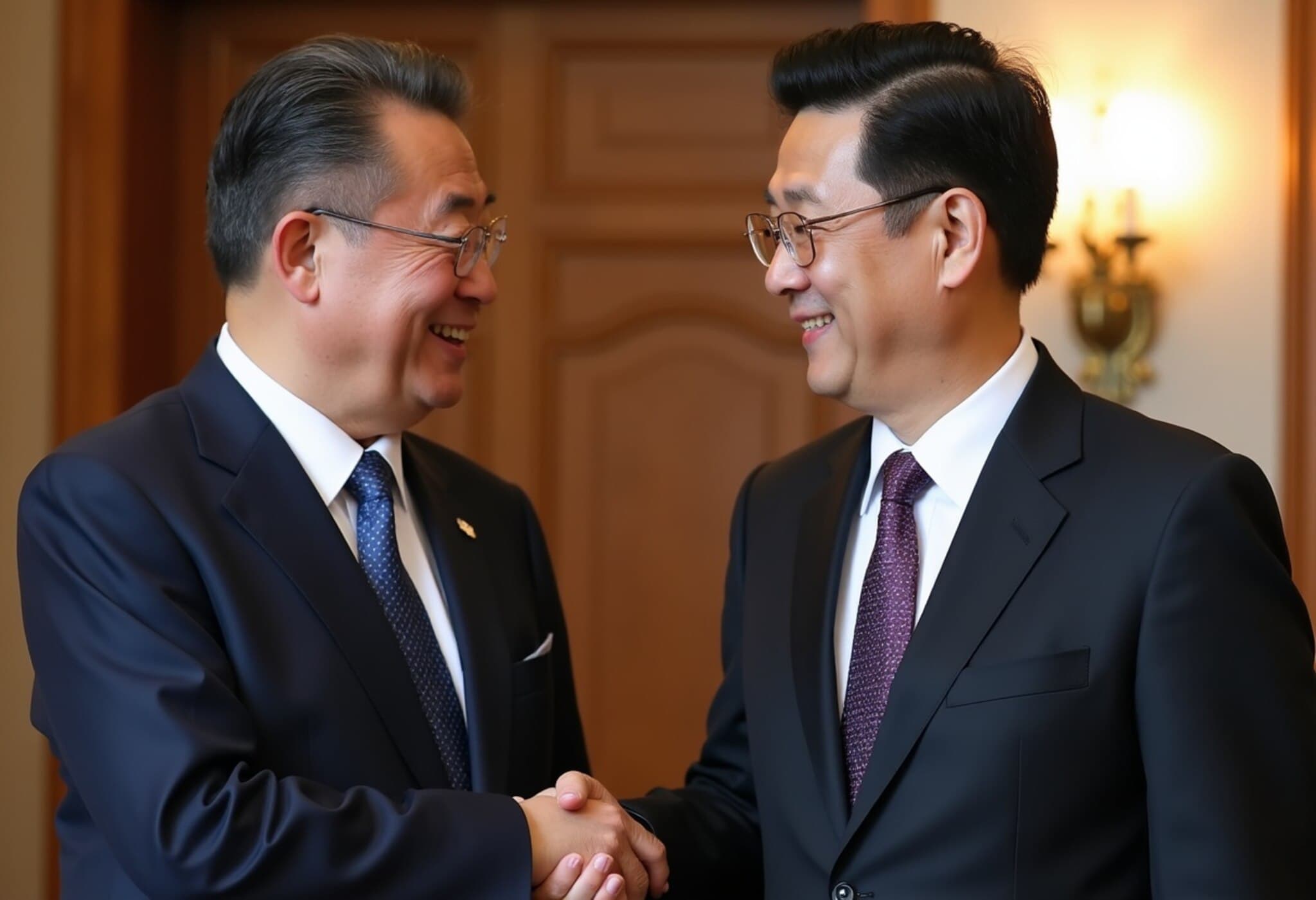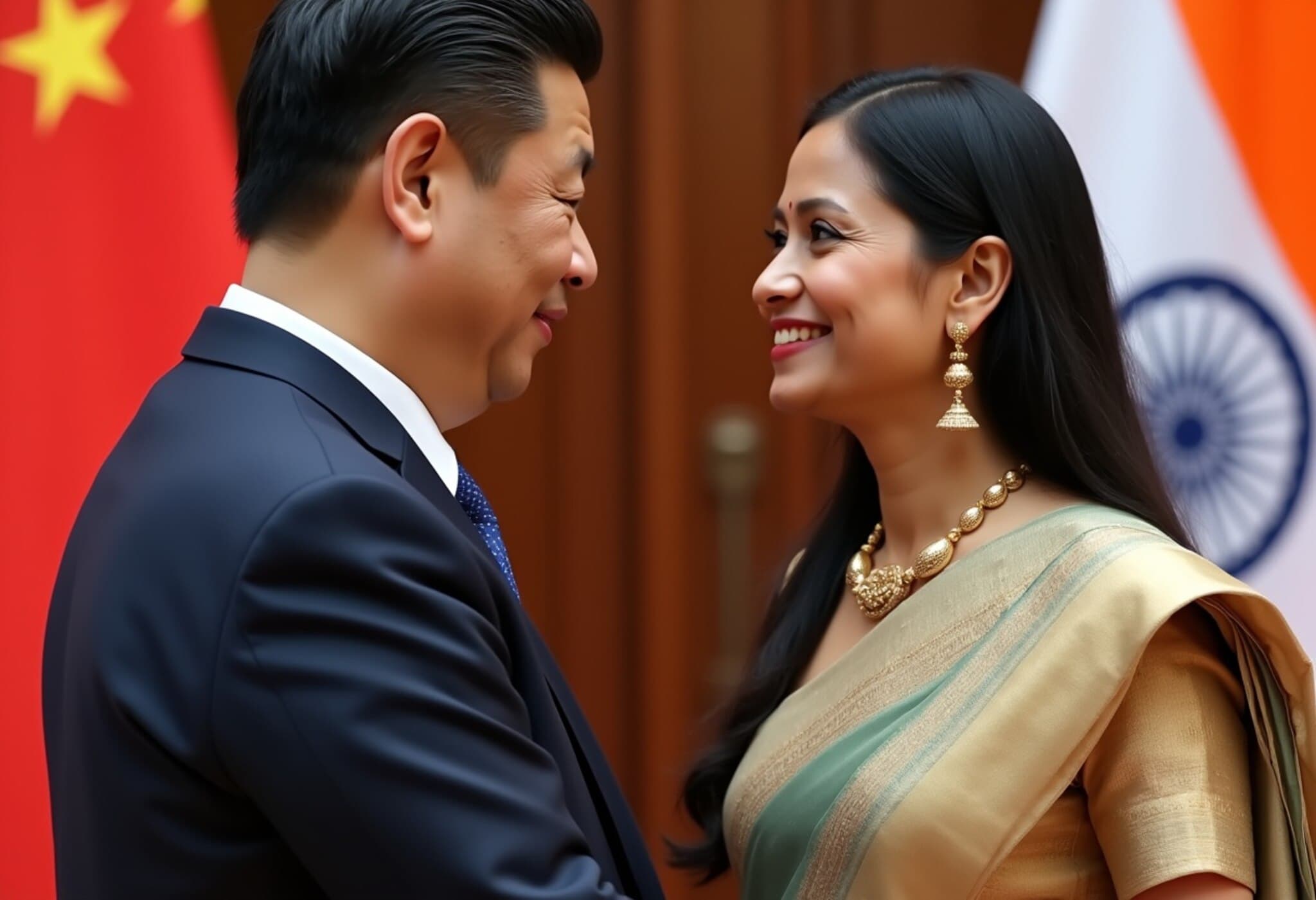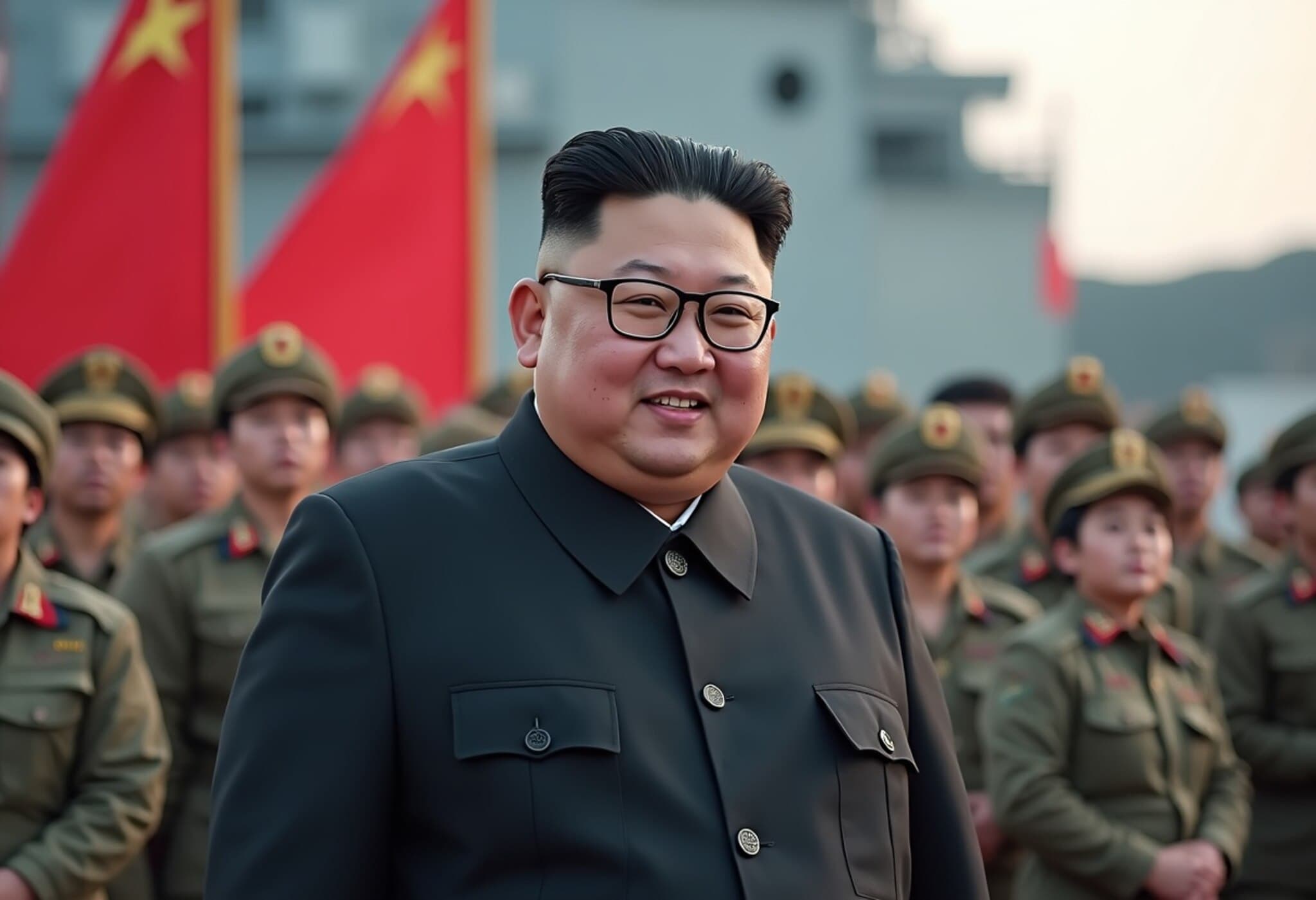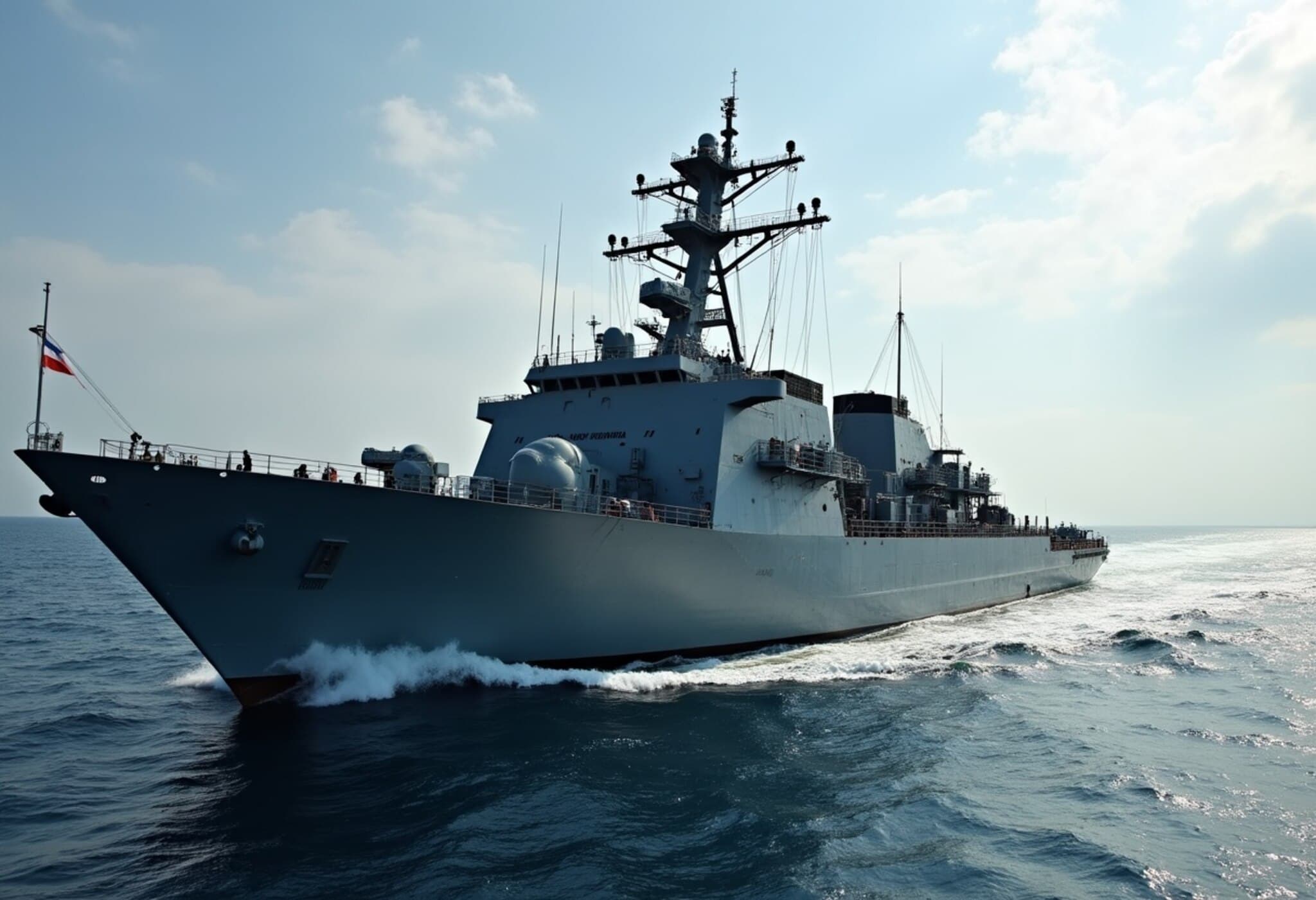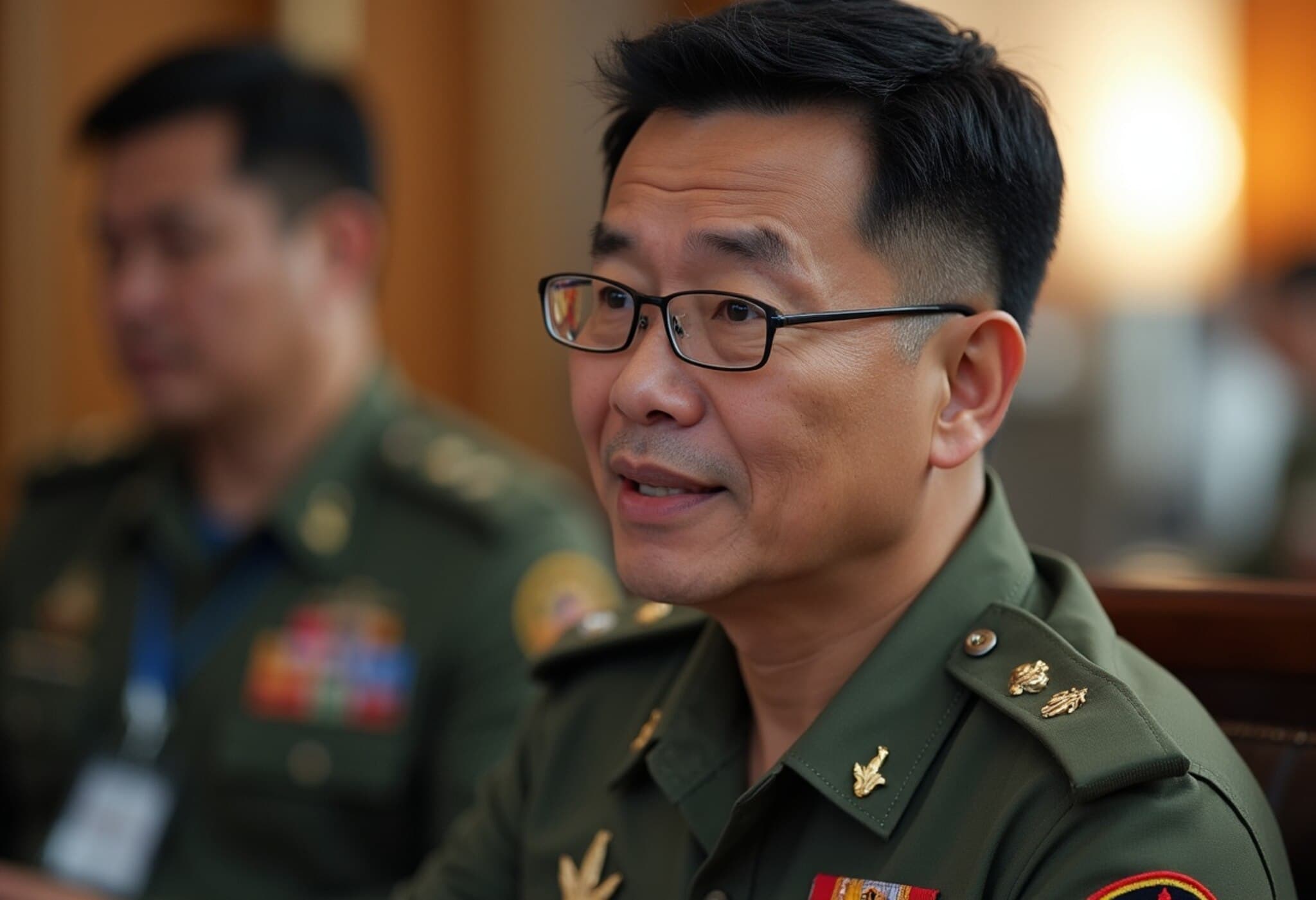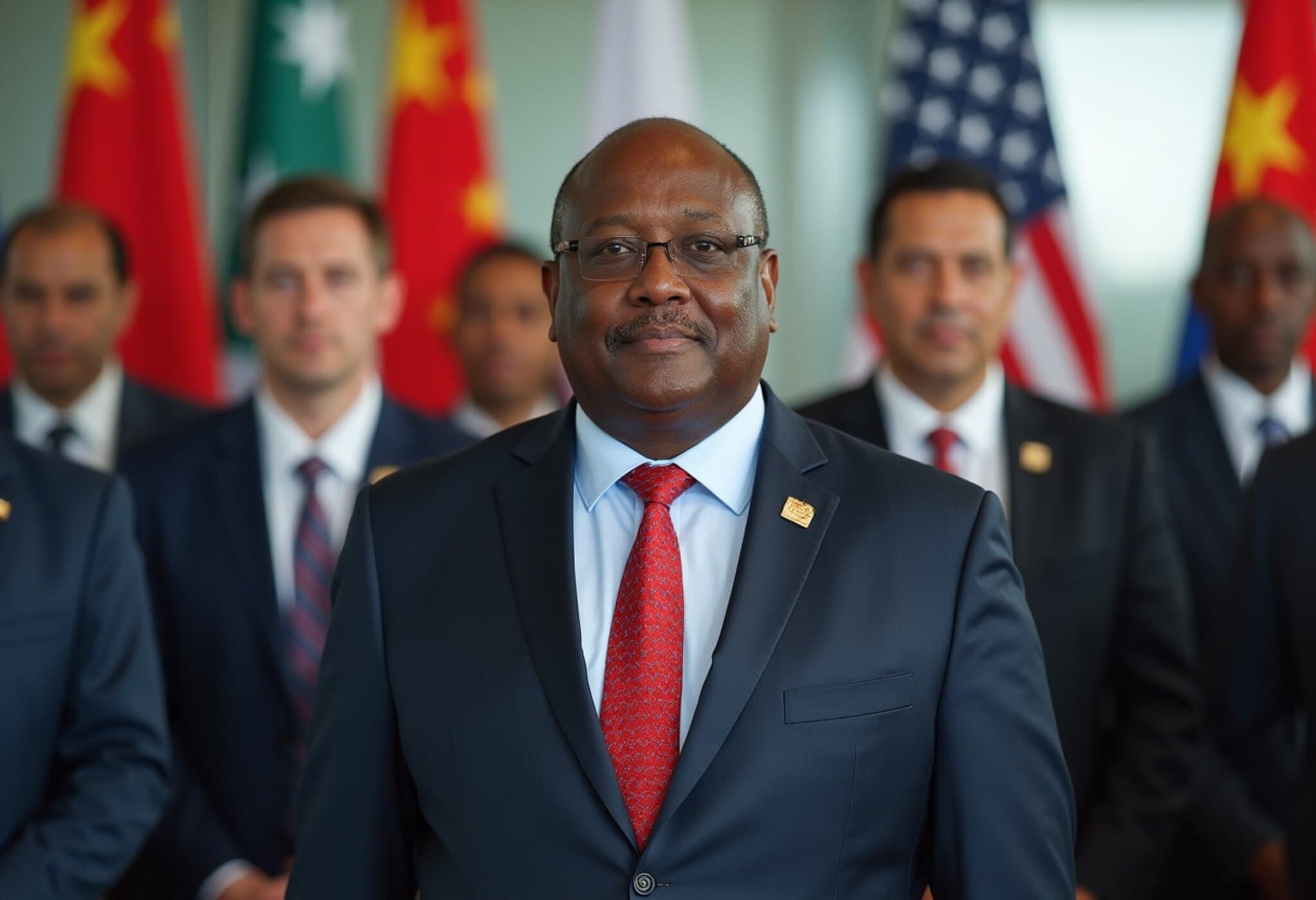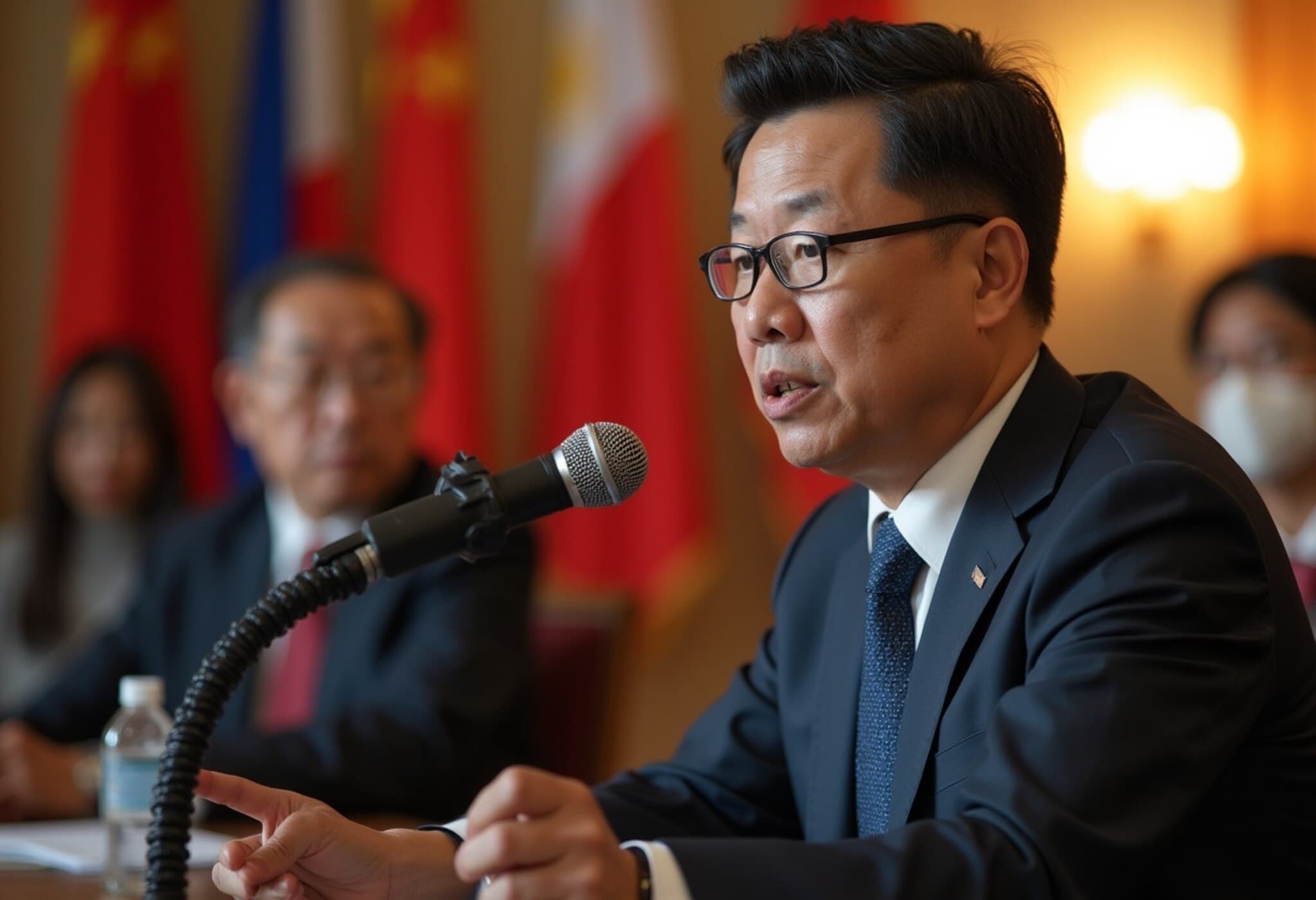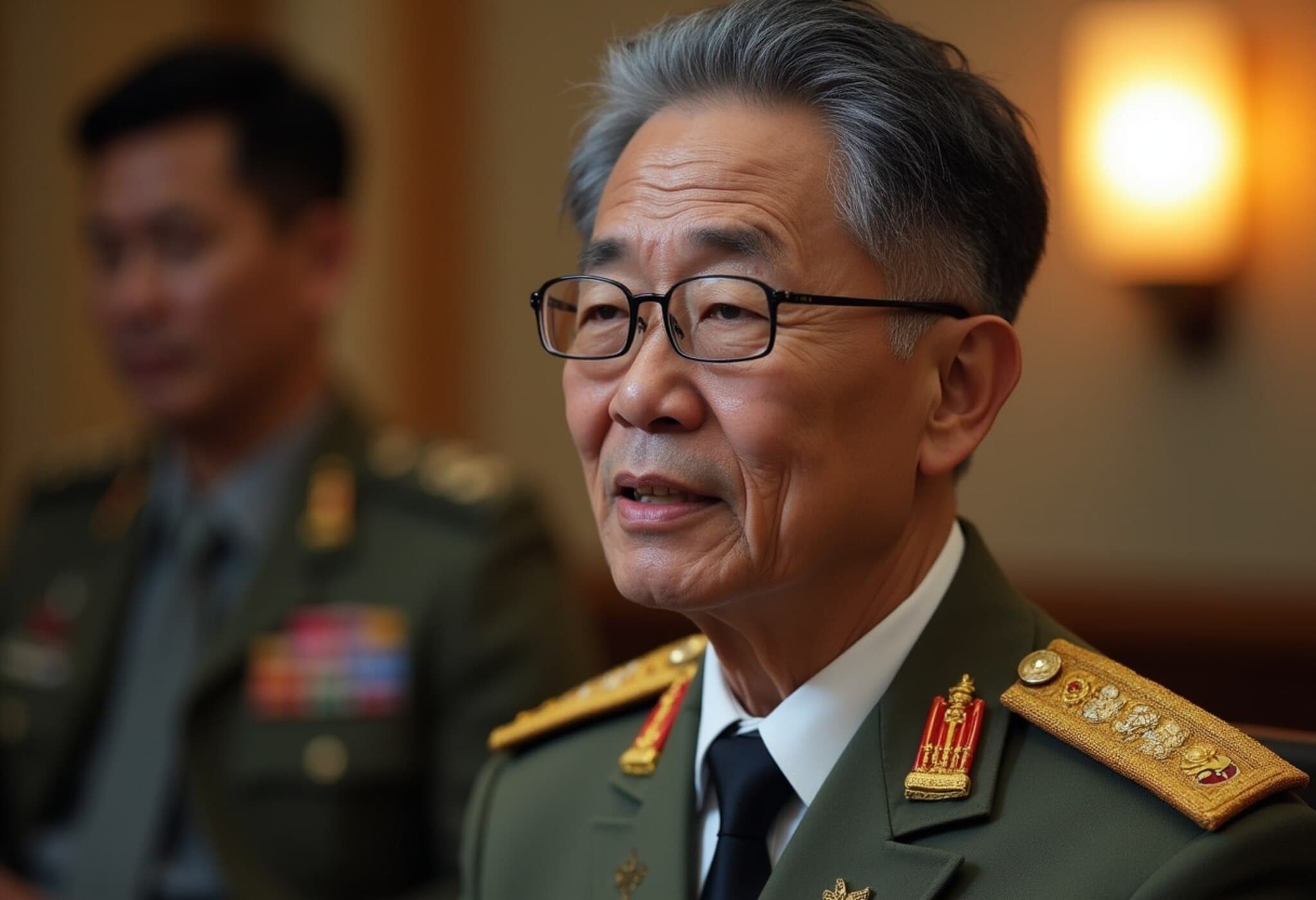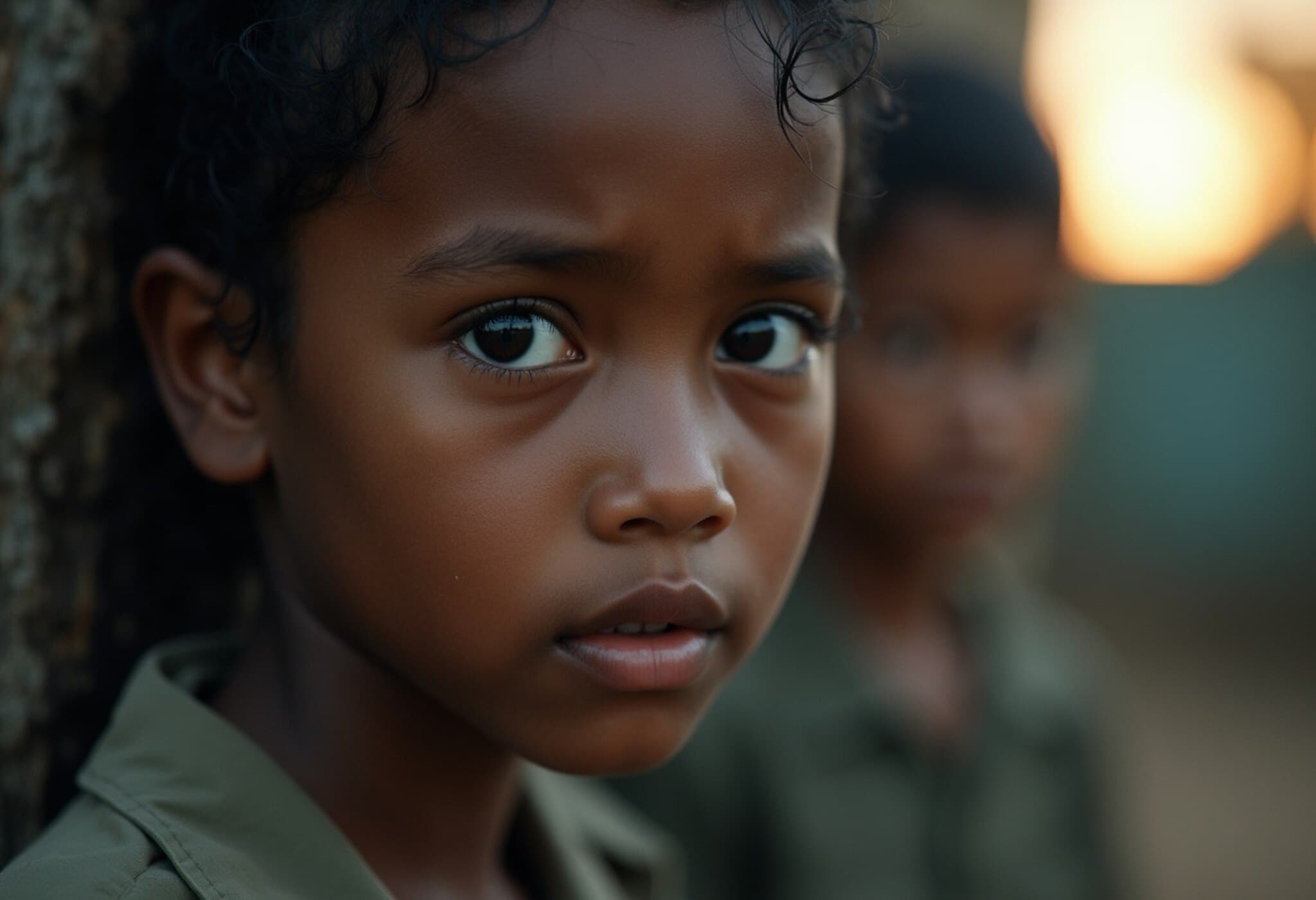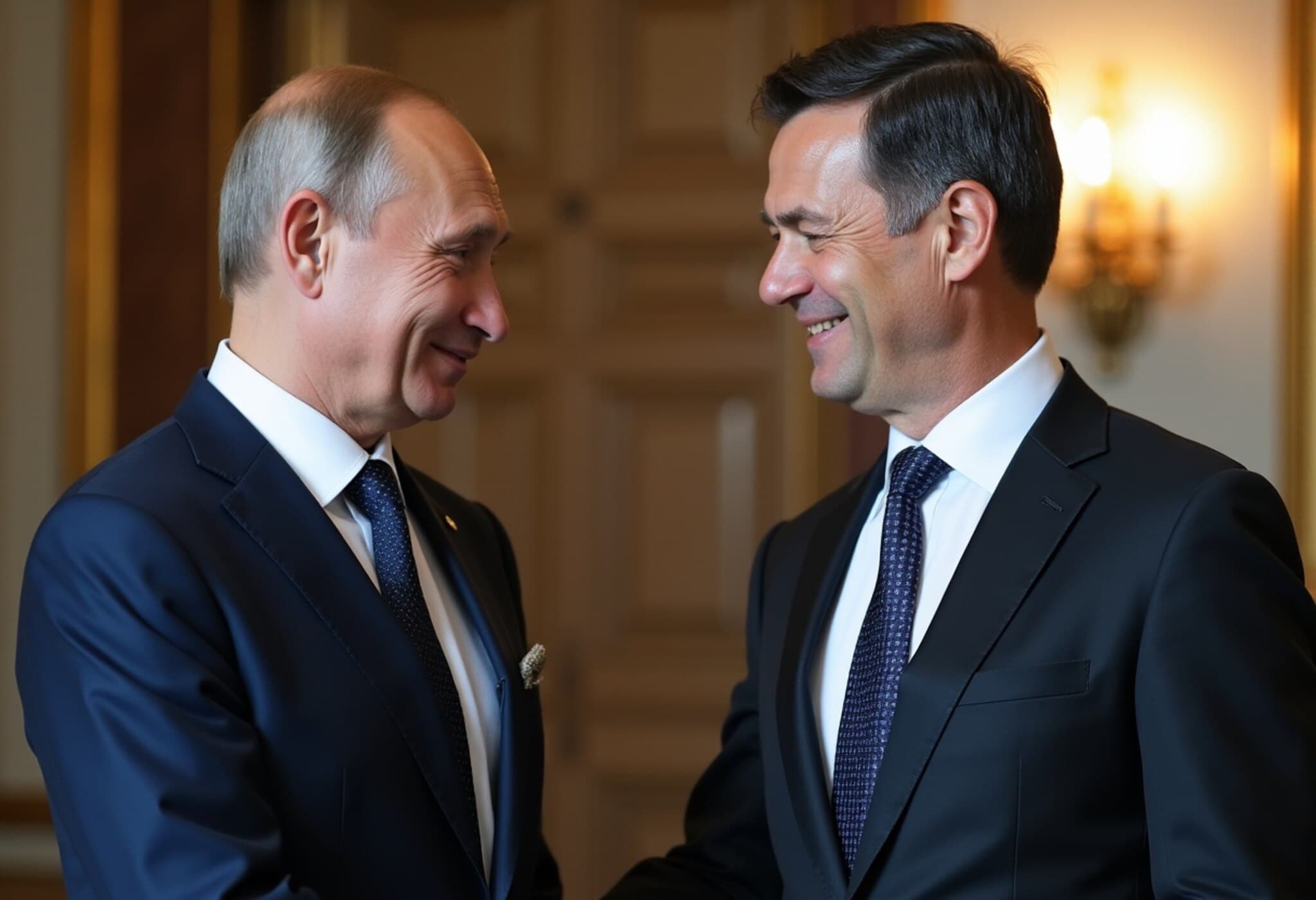Myanmar Closes Vital Trade Corridor with Thailand to Disrupt Rebel Financing
In a significant move aimed at undercutting armed resistance ahead of this year’s elections, Myanmar’s military junta has shut down the Myawaddy border crossing with Thailand for a second consecutive day. This bridge, a key artery for regional commerce, channels over $120 million worth of goods each month between the two nations, according to official Thai customs data.
The Military’s Strategy Behind the Closure
The junta’s Border Guard Forces spokesman, Naing Maung Zaw, confirmed the suspension of trade vehicular traffic across the Myawaddy bridge. The action is positioned by the regime as a crackdown on illegal financial networks that militarized ethnic groups and pro-democracy militias purportedly use to fund their ongoing campaigns.
Since the 2021 military takeover, Myanmar has been embroiled in expanding civil conflict, with multiple ethnic armed organizations and democratic factions resisting the military rule. These groups have historically levied taxes and tolls on goods moving through border trade routes, tapping into the substantial commercial flows—including at Myawaddy—to bankroll their operations.
A Thai security official stationed near the border, speaking on condition of anonymity, described the military’s intent: "The regime is deliberately tightening rules to disrupt the minority groups’ revenue streams, seeking to starve their financial support." This underscores a harsh new frontier in Myanmar’s ongoing civil strife, where economic chokepoints are weaponized to gain strategic advantage.
Contextualizing the Upcoming Elections
The junta has slated parliamentary elections to begin on December 28, unveiling the vote as a potential path to national reconciliation. Critics, however, remain deeply skeptical, viewing the election as a tool for legitimizing military rule rather than fostering genuine democratic progress.
The military has made some territorial advances recently, retaking strategic areas essential for conducting the election. Yet, significant portions of Myanmar remain outside their control, held by armed opposition groups. The political landscape is further complicated by the ongoing detention of Nobel laureate Aung San Suu Kyi and the dissolution of her National League for Democracy. Many former lawmakers and activists have called for an election boycott, citing the process’s lack of fairness and transparency.
Adding to the climate of repression, the junta has imposed stringent penalties, including up to a decade-long prison sentence, for those who publicly criticize or protest against the upcoming vote. This crackdown paints a picture of a tightly controlled electoral environment far removed from open democratic competition.
Economic and Regional Implications
The Myawaddy border crossing is more than a simple trade route—it's a lifeline for thousands of businesses and communities on both sides of the border. Its closure not only disrupts formal economic activity but also risks deepening hardship in an already fragile region. Thailand, as Myanmar’s largest trading partner, may feel economic ripples, affecting industries reliant on cross-border supply chains.
From a policy perspective, the junta’s tactic to choke rebel financing through trade restrictions signals a broader shift towards economic warfare within the ongoing civil conflict. This approach raises critical questions about the humanitarian impact, the efficacy of isolating armed factions economically, and the potential long-term consequences for regional stability.
Looking Forward: Challenges and Questions
- Can economic blockades effectively curtail rebel financing without causing disproportionate harm to civilian populations?
- How will Thailand balance its role as a neighboring trade partner with the geopolitical complexities posed by Myanmar’s internal conflicts?
- Will the contested December elections pave any credible way toward peace and democracy, or deepen Myanmar’s polarization?
Editor's Note
Myanmar’s decision to close one of its busiest border crossings with Thailand exemplifies how deeply intertwined economic, political, and military strategies have become in the country's fractious landscape. While the junta aims to undercut opposition funding, the move underscores a harsh reality: in conflict zones, commerce can be both a lifeline and a weapon. As December’s elections approach amid unrest and repression, the international community faces difficult questions on how to support democratic ideals without exacerbating suffering. Understanding these dynamics is crucial for policymakers, analysts, and observers committed to peace and human rights in Southeast Asia.

